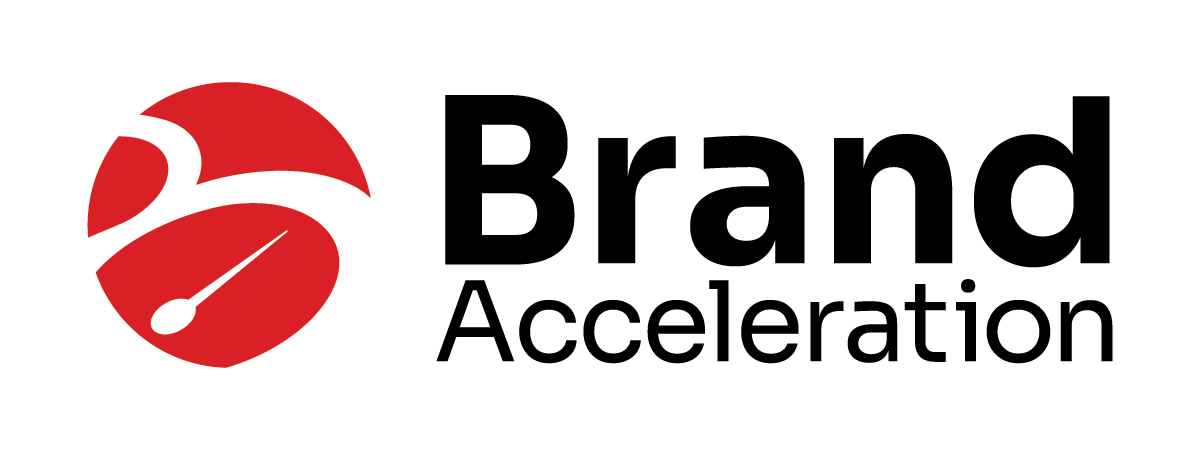Jim Walton, CEO, Brand Acceleration, Inc.
As a marketing professional, working exclusively in the economic development industry, I see economic developers make the same mistakes, over and over, apparently expecting positive results. I realize that these practices are often influenced, or even mandated, by unreasonable boards, committees, or government policies. Unfortunately, the result is often a weakened or even hampered community marketing effort. Although I could probably come up with a much longer list, here are five of the most common, and harmful, practices I see nearly every day:
- Marketing to the wrong audience
The most important part of any economic development marketing effort is to identify audiences. For example, corporate executives, location consultants, and real estate brokers are probably at the top of your list. Your marketing messaging should focus on their needs and wants.
Instead, it’s not uncommon to develop ads or websites that target the economic developer, the board chair, sponsors, and investors, making sure that all of the local influencers are appropriately schmoozed. While it is possible to include everyone in the process, it’s crucial to keep your eye on the prize, emphasizing the needs of the people who can actually bring jobs and investment to the community.
- Living and working in silos
I’ve seen committees argue over the littlest things, such as the order of sponsorship listings, the mention of a governor that someone hates, mentioning a business advantage that is in the neighboring metro, and so on. The mutual goals are the attraction of jobs and investment, but when the work begins, the gloves come off and everyone becomes self-absorbed.
I was once in a meeting where a site consultant was in the room and a border war discussion began. Someone didn’t want the site consultant to hire people outside their county. The consultant, becoming frustrated by the immaturity of the discussion, said, “It’s time for you to get over yourselves. I don’t care about your municipalities, your counties, or your borders. All I care about is whether I can find the required workforce within a one-hour driving radius. If you can’t work together, I’ll go home right now.”
- Selecting low-price vendors
The whole notion of hiring a vendor because he or she is willing to do work for less money is silly, to say the least. I’ll put this on the table right now; Brand Acceleration will likely not be the low bidder for marketing work. We don’t want to be. Ask yourself this question; “Why is the low bidder offering to do this work for such a low price?”
I once had an employer who taught me to hire good people, or vendors, pay them well, and then get out of the way. Higher priced vendors usually command a higher price because they do superior work. Economic developers need smart, qualified vendors who will produce work that makes them and their community look great. The “low price” approach is often just too risky.
- Improper use of social media
I can’t tell you how many people I’ve heard say, “I don’t tweet!” This usually comes from someone who still assumes that social media is a passing fad or that only kids use it. Another question I get is “Can you tell me of anyone getting a project because of social media?” Yes, I can!
I think everyone would agree that economic development is a relationship business. Well, social media has the ability to grow relationships by growing awareness of people’s lives and interests. Some of my best social media friends are site consultants and corporate executives.
Here’s a social media bonus tip: If all of your social media posts are community promos, you’ll soon be ignored like one of those weekly shopper newspapers full of nothing but ads. Our approach is to share content that is useful, educational, and entertaining to our followers. Then, the occasional promotional post is much more acceptable.
- Limiting your options to local vendors
I can hear it now, “We always buy local.” I understand that and agree with it, sometimes. The challenge is that sometimes a qualified local vendor just doesn’t exist. Bob may be a great guy, a respected builder, and a fellow Rotarian, but he may know nothing about building a spec building for a manufacturing or distribution operation. I know of a spec building that has been empty for years because the local builder placed the loading docks in a place where trucks would struggle to approach them. Whoops!
We’ve also seen website developers and graphic artists tackle economic development projects that they are not qualified to do. Sure, they may know the community, and even the EDO board members, but usually have no knowledge of economic development audiences. Here’s a quick quiz to determine whether they’re qualified to serve as your marketing partner. Ask them to list the top three, most important, pages of an economic development website, in order. If they can’t do it, you may be in for problems.
As politically challenging as it can be, sometimes the work demands a uniquely qualified vendor from somewhere else. Some projects are far too important to risk using an unqualified, or weak, local vendor.
I hope you find these tips useful and they help you in your promotional efforts. Marketing is such an important part of the economic developer’s job, even the little things can make a huge difference in your success rate.
